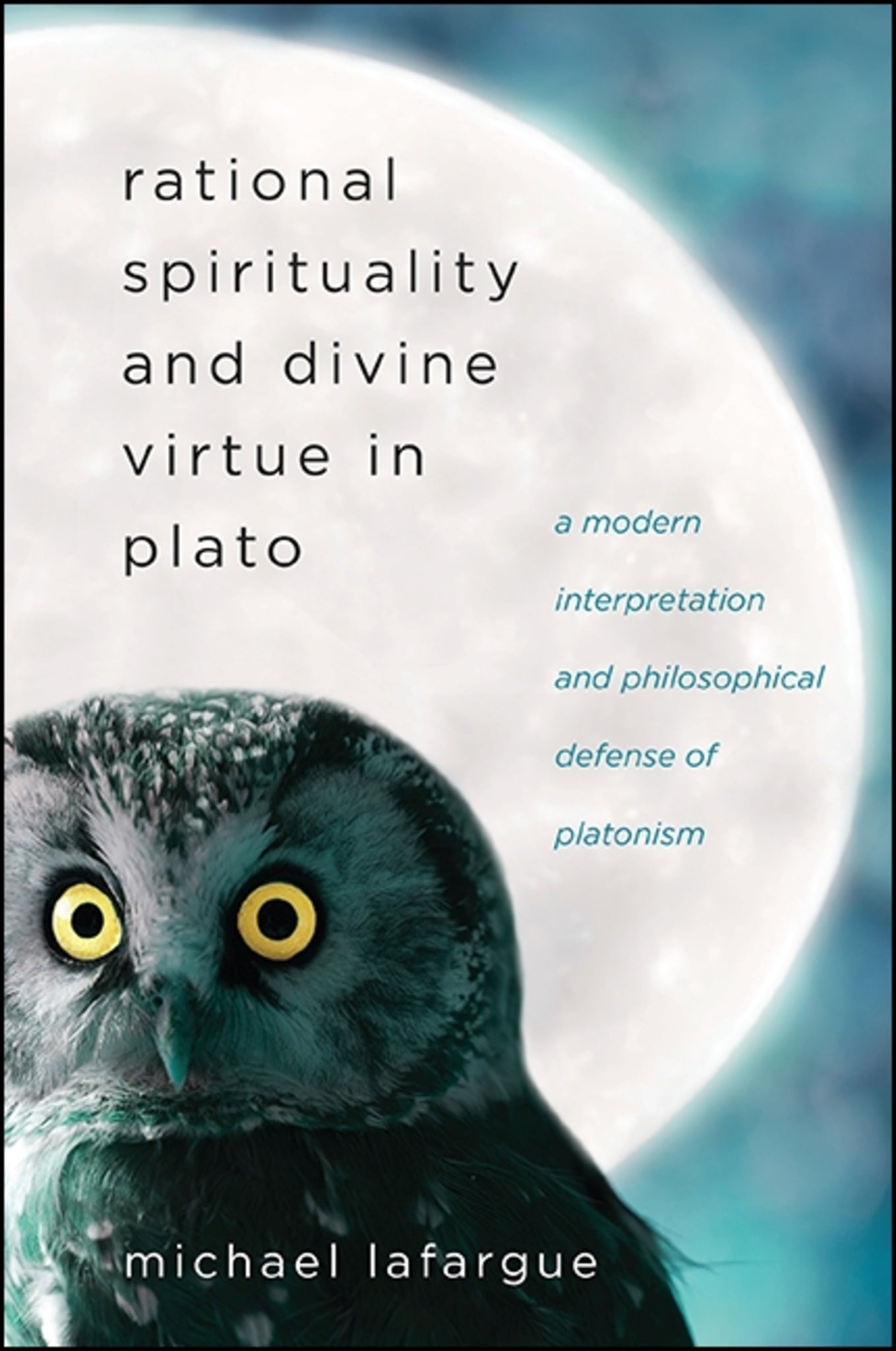We're sorry. An error has occurred
Please cancel or retry.
Rational Spirituality and Divine Virtue in Plato

Some error occured while loading the Quick View. Please close the Quick View and try reloading the page.
Couldn't load pickup availability
- Format:
-
02 January 2017

Describes a Platonic personal spirituality based on reason that is readily accessible to people today.
Michael LaFargue presents an important and accessible aspect of Plato's legacy largely overlooked today: a variety of personal spirituality based on reason and centered on virtue. Plato's Virtue-Forms are transcendent in their goodness, ideals that Platonists can use to improve character and become like God so far as is humanly possible. LaFargue constructs a model of inductive Socratic reasoning capable of acquiring knowledge of these perfect Virtue-Forms, then scales back claims about these Forms to what can be supported by this kind of reasoning. This is a critical theory, but also a pluralistic one that accommodates modern cultural diversity. A how-to chapter provides detailed descriptions of the rules of Socratic reasoning basic to this spirituality, which any interested individual can practice today. LaFargue supports his interpretation by a close reading of the Greek text of key passages in Plato's dialogues. The work also undertakes a broader philosophical consideration, discussing the philosophical foundations proposed for this Platonism in relation to the thought of G. E. Moore, Ludwig Wittgenstein, Martin Heidegger, Friedrich Nietzsche, and Richard Rorty.


"Readers will find in LaFargue's book both a critical reconstruction of Platonic ethical inquiry, suitable for use today, and a thought-provoking essay into the interpretation of Plato." — International Journal of the Platonic Tradition
Preface
Introduction
1. Overview
2. The Objectivity of the Good
3. Limits
4. Elaborations
5. Rules of Socratic Method
6. Text and Commentary (1): Concrete Reality and Abstract Forms in the Republic
7. Text and Commentary (2): Plato’s Ideal Philosopher
8. Implications and Examples
9. (Mis-)Categorizing Plato
Appendix Sample Paper Assignment for a College Course
Works Cited
Index



